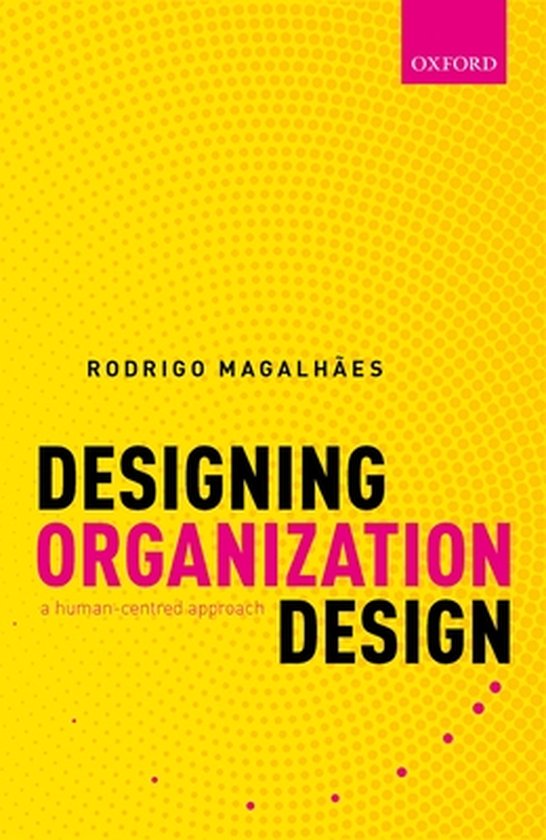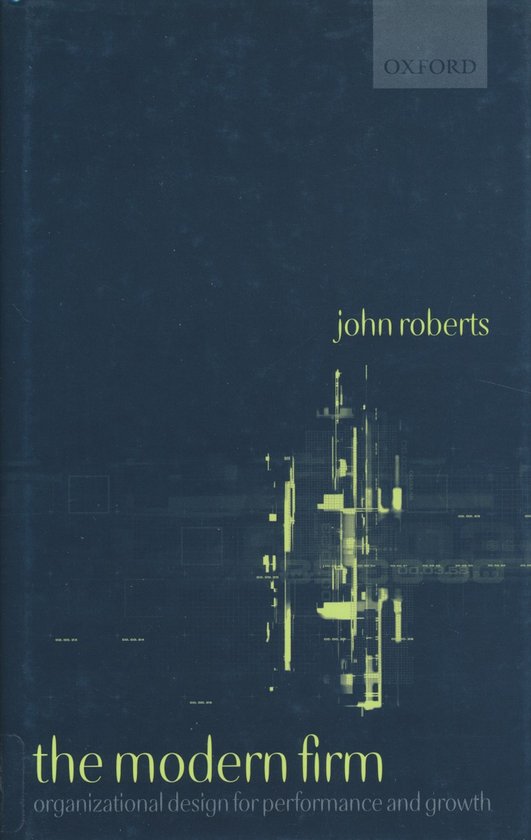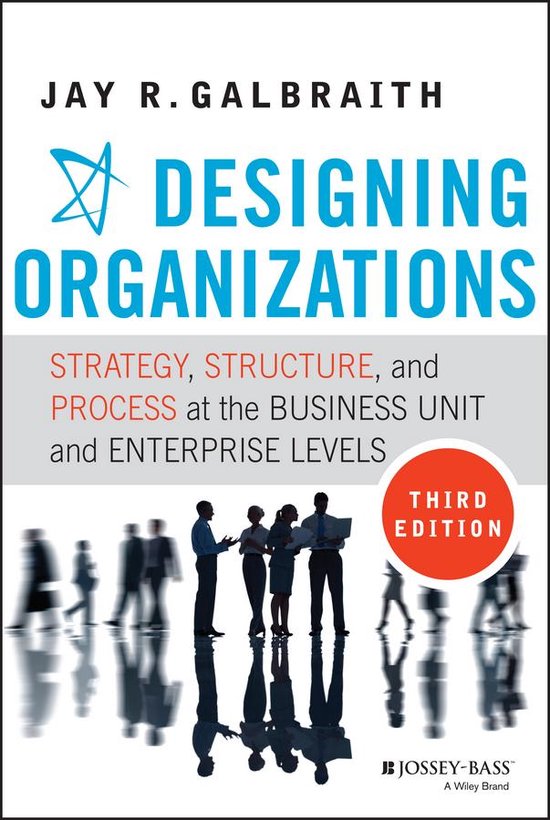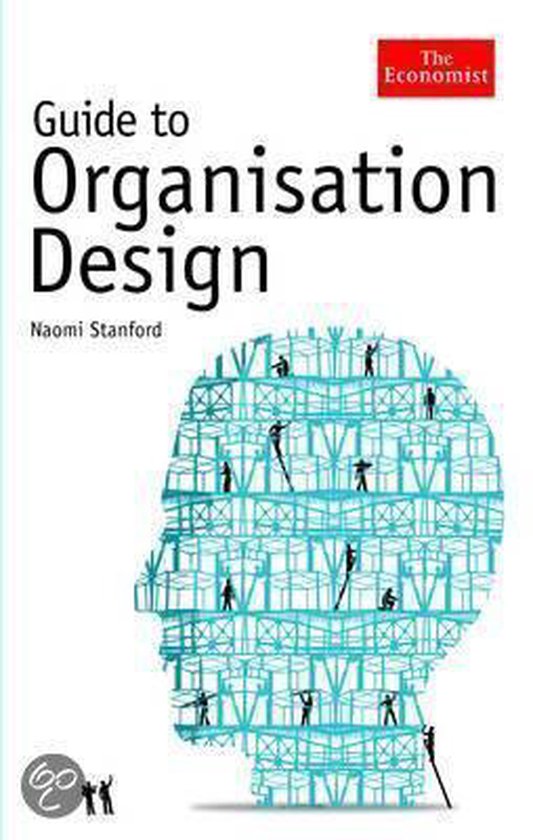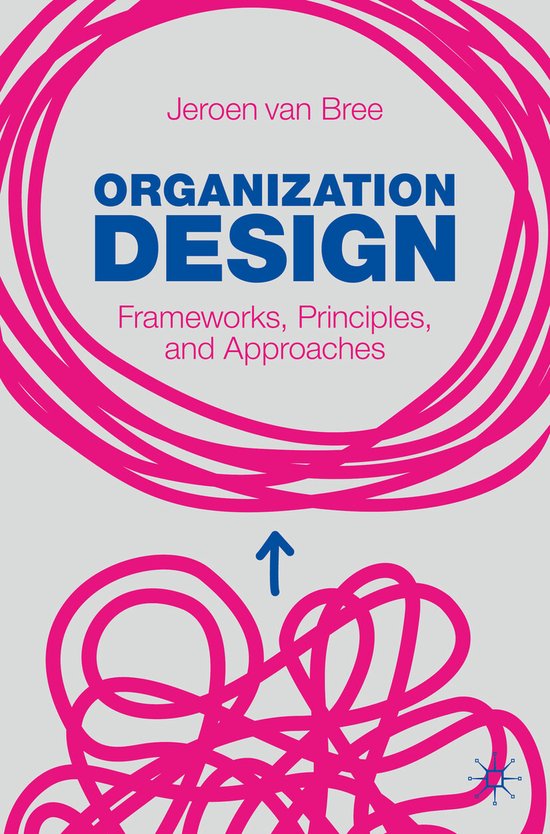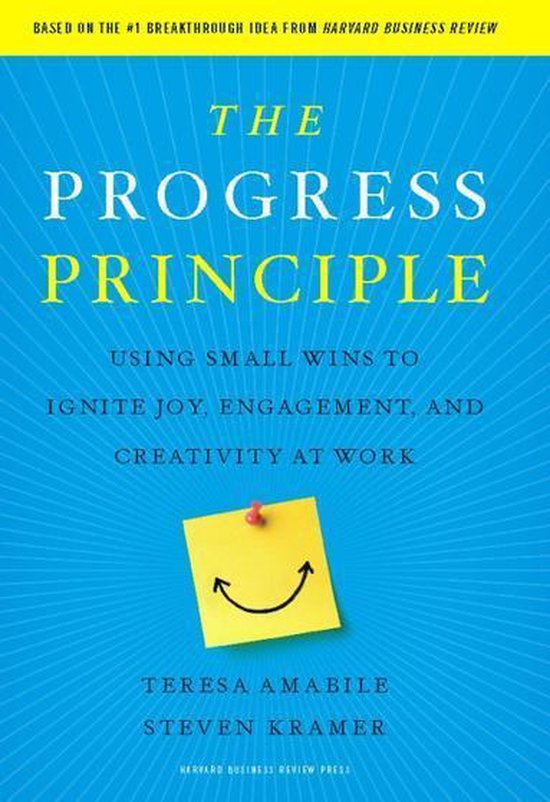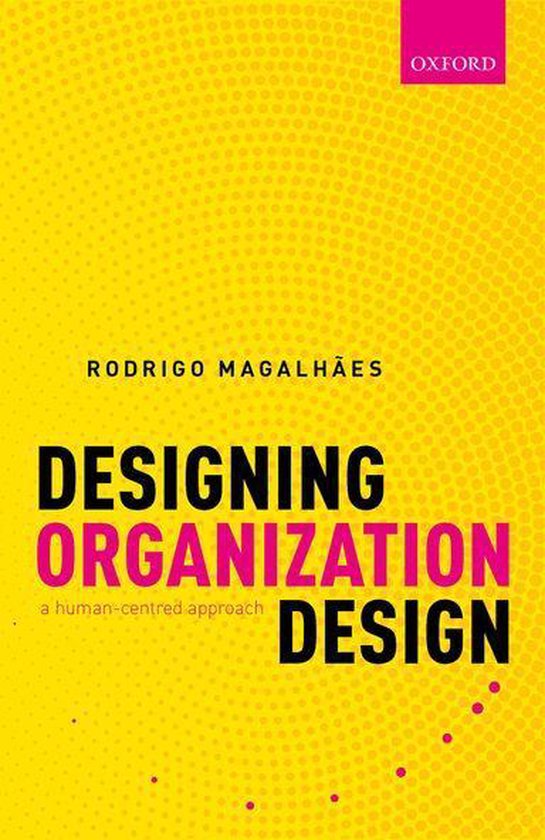
Designing Organization Design
As a topic, organization design is poorly understood. While it is featured in most management books as a chapter dedicated to organizational structures, it is unclear whether organization design is a one-off event or an ongoing process. Thus, it has traditionally been understood to be the same as an organizational configuration, with neat lines of communication and distribution of responsibilities following pre-set typologies. Yet what can be said to constitute organizational structure in this first half of the 21st century? The extraordinary growth of digital communications, the decreasing relevance of hierarchical bureaucracies, and the general demise of command-and-control have all but decimated the traditional notion of organizational structure. Organization design needs a theoretical revamping. Using a mix of design and social science theories and concepts, Rodrigo Magalhães outlines a new human-centric interpretation of design, design principles, and design culture. He puts forward a paradigm where the organization, for purposes of its design, is considered to be a social actor in a permanent state of transformation, with significant repercussions for social and economic life. He also proposes a model of 'leaderful organization design', distinguished as practice-based, guided by values of democratic participation, and driven by design logics which places meaning-making and meaning-taking at the center of organizational life and can be adopted and adapted to suit different environments.
| Auteur | | Rodrigo Magalhaes |
| Taal | | Engels |
| Type | | E-book |
| Categorie | | Managementboeken |
